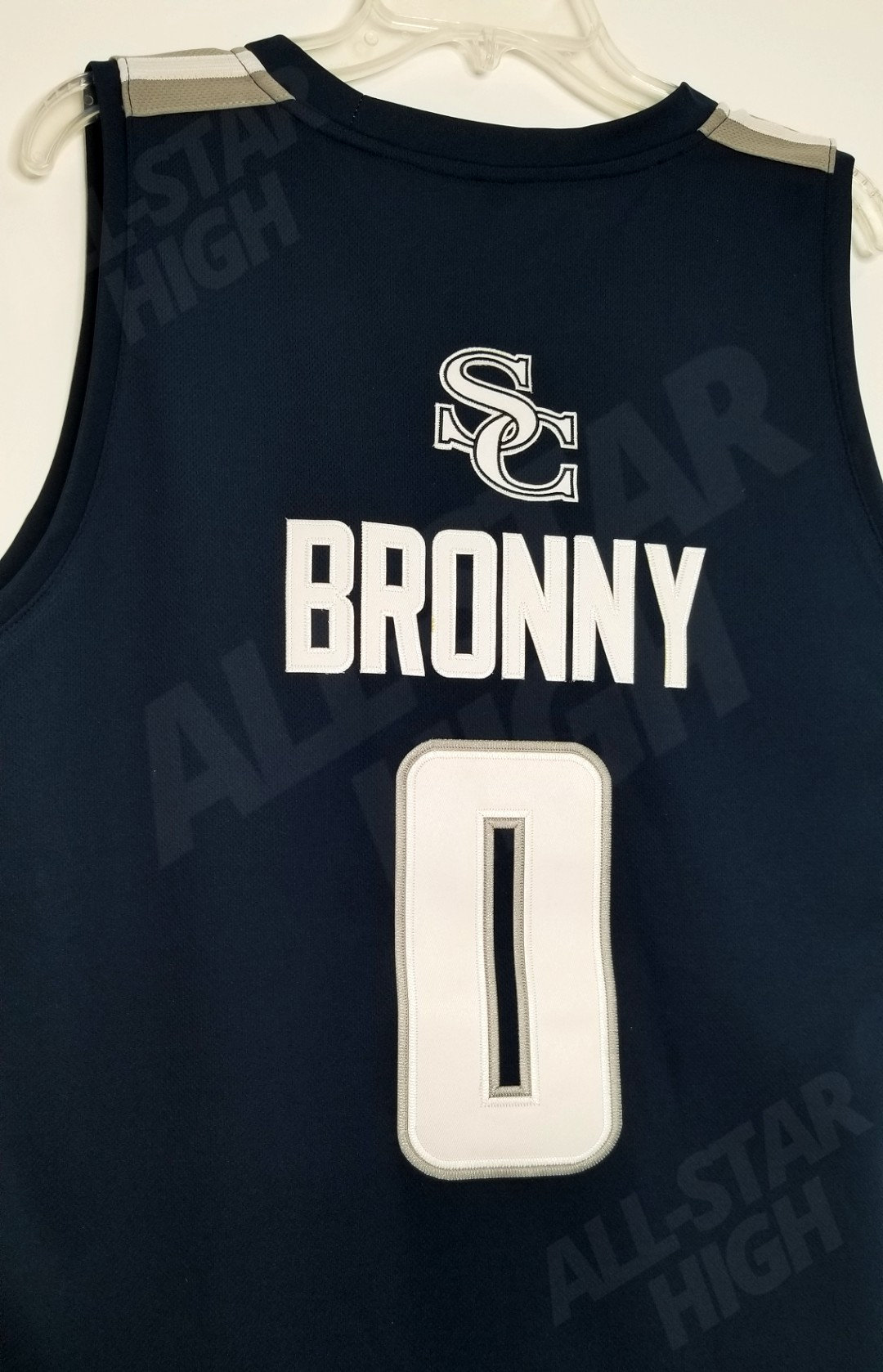The Power Of Controversy: Embracing The Provocative In Public Relations
In an era of clickbait headlines and social media echo chambers, controversy has become the currency of public relations. But is it worth the risk? Can embracing the provocative help organizations achieve their goals or is it a dangerous game that can backfire spectacularly?

The Feminist Pioneers Making Provocative Art About Sex The New York – Source www.cloudizsexy.com
The Problem with Playing It Safe
In today’s competitive media landscape, it’s tempting to play it safe and stick to the tried-and-true formulas that have worked in the past. But this approach can lead to stagnation and can make it difficult for organizations to stand out from the crowd.
Controversy, on the other hand, can be a powerful tool for cutting through the clutter and grabbing attention. It can generate buzz, create headlines, and spark conversation.
But controversy is also a double-edged sword. If it’s not handled carefully, it can damage an organization’s reputation and alienate its stakeholders.

“Matthew Oyos has made an informed, balanced, and provocative – Source www.pinterest.com
The Power of Provocation
When used strategically, controversy can be a powerful tool for public relations. It can help organizations:
- Generate buzz
- Create headlines
- Spark conversation
- Drive traffic to a website
- Increase sales
- Change public opinion
However, it’s important to remember that controversy is not a magic bullet. It’s not a silver bullet that will solve all of an organization’s problems. In fact, it can be counterproductive if not handled carefully.

A Public Art Project Devoted to Dismantling Racism at Every Level – The – Source www.nytimes.com
The History and Myth of Controversy
Controversy has been used as a public relations tool for centuries. In the early days of the United States, political campaigns were often fought with mudslinging and personal attacks. In the 20th century, controversy was used by both sides of the civil rights movement to gain attention and support.
Today, controversy is still a common tactic in public relations. Organizations use it to generate buzz, create headlines, and spark conversation. However, it’s important to remember that controversy is a double-edged sword. If it’s not handled carefully, it can damage an organization’s reputation and alienate its stakeholders.

Wind Farms: Generating Power & Controversy – Signature Electric – Source signatureelectric.ca
The Hidden Secret of Controversy
The hidden secret of controversy is that it can be a powerful tool for building relationships. When people are talking about your organization, they are more likely to remember it. And if they are talking about you in a positive way, they are more likely to do business with you.
Controversy can also be a way to build trust. When people see that you are willing to stand up for what you believe in, they are more likely to believe that you are honest and authentic.
However, it’s important to remember that controversy is not a magic bullet. It’s not a silver bullet that will solve all of your problems. In fact, it can be counterproductive if not handled carefully.

Science Poster Making Concept | Digital art poster, Poster art, Art – Source www.pinterest.co.kr
Recommendation of Controversy
If you are considering using controversy as a public relations tool, there are a few things you should keep in mind:
- Make sure that you have a clear goal in mind.
- Be prepared to deal with the fallout.
- Don’t be afraid to apologize if you make a mistake.
Controversy can be a powerful tool for public relations, but it’s important to use it carefully. If you are not prepared to deal with the fallout, it’s best to avoid it altogether.

“Rings of Power” Controversy: Why Are Viewers Upset About the Casting – Source www.rd.com
The Power of Controversy: Embracing the Provocative in Public Relations
Controversy is a powerful tool that can be used to achieve a variety of public relations goals. However, it’s important to use it carefully and strategically. If you are considering using controversy as a public relations tool, be sure to do your research and have a clear plan in place.

These Politicians Are Campaigning On Guns, And The NRA Gives Them ‘F – Source dailycaller.com
Tips for Embracing Controversy
Here are a few tips for embracing controversy in public relations:
- Be clear about your goals.
- Be prepared to deal with the fallout.
- Don’t be afraid to apologize if you make a mistake.
- Use controversy to your advantage.
- Don’t be afraid to take risks.
Controversy can be a powerful tool for public relations, but it’s important to use it carefully. If you are not prepared to deal with the fallout, it’s best to avoid it altogether.

Title: The Art of Being Offensive: Embracing the Power of Provocative – Source epikchatnews.com
The Power of Controversy: How to Use It to Your Advantage
Controversy can be a powerful tool for public relations, but it’s important to use it carefully. If you are not prepared to deal with the fallout, it’s best to avoid it altogether.

3 dicas de comunicação externa para sua empresa! – Source blog.99empresas.com
Fun Facts about Controversy
Here are a few fun facts about controversy:
- Controversy is the spice of life.
- Controversy is a double-edged sword.
- Controversy can be used for good or evil.
- Controversy is often more memorable than blandness.
- Controversy can be a catalyst for change.
Controversy is a powerful force that can be used to achieve a variety of goals. However, it’s important to use it carefully and strategically.

Oh boy, science… | SiOWfa16: Science in Our World: Certainty and – Source sites.psu.edu
How to Avoid Controversy
If you are not prepared to deal with the fallout, it’s best to avoid controversy altogether.
Here are a few tips for avoiding controversy:
- Be careful what you say and do.
- Don’t make assumptions.
- Be respectful of others’ opinions.
- Avoid hot-button topics.
- Be willing to compromise.
Controversy can be a powerful tool for public relations, but it’s important to use it carefully and strategically.
If controversy backfires, it can damage your reputation and alienate your stakeholders.
Here are a few things to do if controversy backfires:
- Apologize for any mistakes.
- Take responsibility for your actions.
- Be transparent about your intentions.
- Make amends with those who have been affected.
Controversy can be a powerful tool for public relations, but it’s important to use it carefully and strategically.
Here are a few things to keep in mind when using controversy in public relations:
- Controversy can be a powerful tool for cutting through the clutter and grabbing attention.
- Controversy can be used to generate buzz, create headlines, and spark conversation.
- Controversy can be used to drive traffic to a website or increase sales.
- Controversy can be used to change public opinion or raise awareness of an issue.
- Controversy can be used to build relationships and trust.
Controversy can be a powerful tool for public relations, but it’s important to use it carefully and strategically.
Question and Answer about Controversy
- What is controversy?
- How can controversy be used in public relations?
- What are the risks of using controversy in public relations?
- How can you avoid the risks of using controversy in public relations?
Controversy is a disagreement or argument about something that is important to people.
Controversy can be used in public relations to generate buzz, create headlines, and spark conversation.
The risks of using controversy in public relations include damaging an organization’s reputation and alienating its stakeholders.
You can avoid the risks of using controversy in public relations by being careful what you say and do, not making assumptions, being respectful of others’ opinions, avoiding hot-button topics, and being willing to compromise.
Controversy is a powerful tool that can be used to achieve a variety of public relations goals. However, it’s important to use it carefully and strategically. If you are not prepared to deal with the fallout, it’s best to avoid it altogether.





